What is the purpose of human 'fat'? How bad are the negative effects of excess fat?

While fat is often seen as the enemy of beauty and health, it actually plays an important role in the body and is essential for maintaining good health. Science-focused YouTube channel Kurzgesagt explains more about fat.
Kurzgesagt claims that 'fat is the most dangerous organ.'

Fat isn't just a nuisance; it regulates important processes in the body.

However, too much fat can disrupt your metabolism and have devastating effects on your body.

In today's society, there are more obese people than hungry people.

There are various causes of obesity, including stress and genetics. In the first place, humans have suffered from hunger for many years, so they have developed the ability to store excess energy as 'fat.'

In today's world, our access to an abundance of food has led to the development of processed foods that are high in unhealthy amounts of fat, salt, and sugar. Our brains love these foods, making them very difficult to resist.

People are eating a lot of processed foods without even realizing it, and children in particular are being targeted by food companies. It seems like the world is leading people to overeat, so it's unfair to blame them for being obese.

Also, fat, which is often seen as the bad guy, has important functions for health, and having too little body fat is also a problem.

If you don't have enough body fat, you may suffer from a variety of problems, including infertility, a weakened immune system, fatigue, mental health issues, and osteoporosis.
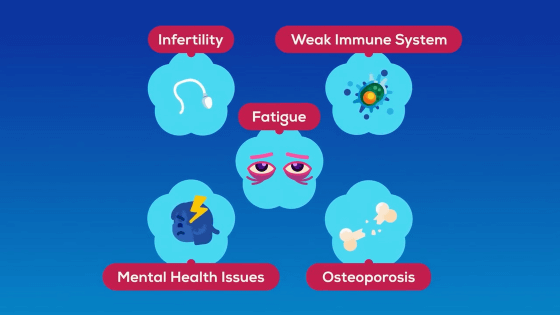
However, excess fat can also have negative effects on your health.

When the human body takes in more energy than it burns, the excess is stored as

These triglycerides are collected in
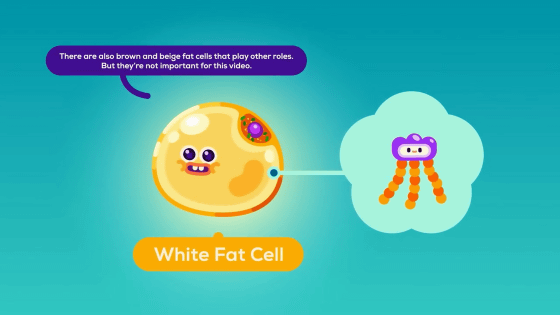
Fat is an endocrine organ, part of a system that produces and regulates hormones. Hormones send chemical signals to the brain, liver, muscles, digestive tract, and immune system, helping them work together properly.

However, if you become overweight and obese, abnormalities occur in the secretion of many hormones related to adipose tissue.

White fat cells are broadly divided into two types: the subcutaneous fat found beneath the skin, which protects the body from the cold and stores energy;
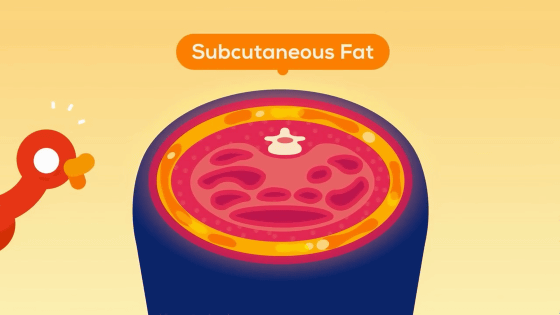
The other type is visceral fat, which is packed between the organs and acts as a cushion to absorb shocks inside the sensitive body. However, visceral fat is more dangerous than subcutaneous fat.
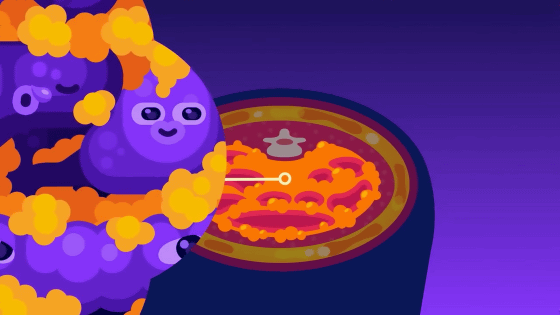
Visceral fat is highly sensitive to stress hormones such as cortisol and adrenaline. When stress suddenly increases, fatty acids are released directly into the bloodstream, where they are absorbed by the liver and quickly converted into energy. Visceral fat is also highly metabolically active, constantly exchanging hormones with the rest of the body.
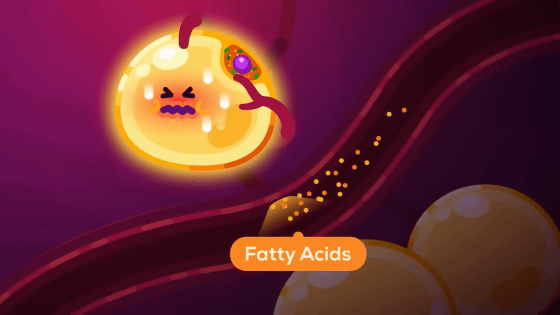
Because subcutaneous fat and visceral fat have different functions, two people with the same weight and cell mass may have completely different health conditions depending on the amount of each.

When you gain weight, excess visceral fat can cause a variety of negative effects.

Fat cells expand to their limits, their blood supply becomes insufficient, they become oxygen-starved, and eventually they become so stressed that they can die.
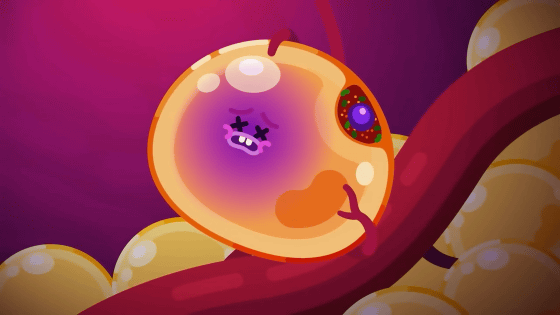
In overweight people, fat is a damaged organ that leaks stress and toxins into the body. Visceral fat, in particular, is exposed to excess stress hormones, which pump more and more fat into the bloodstream.
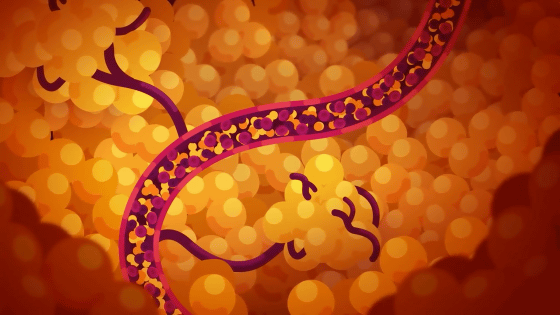
This causes excess energy to be sent to organs such as the liver and muscles, which are unable to cope and become damaged.
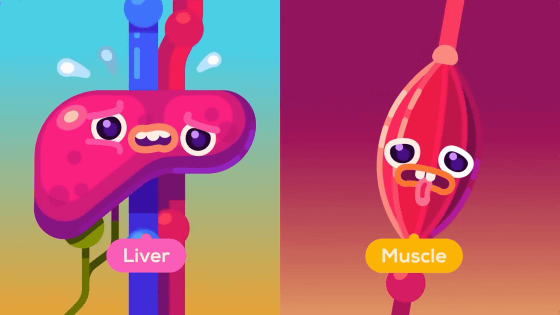
Stressed or dead fat cells also attract
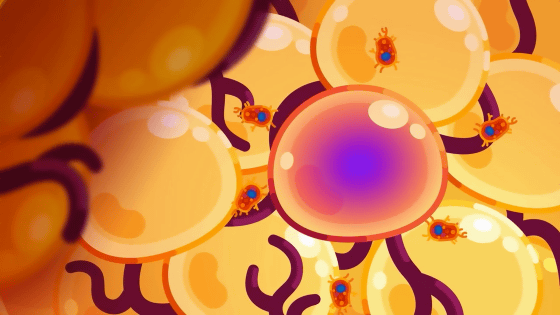
The body's inflammatory response is effective when responding to illness, but when inflammation becomes chronic, the entire body feels as if it is under attack.

Inflammatory molecules and fatty acids create numerous lesions on the inside of blood vessels, which are then blocked by plaque, narrowing the vessels and reducing blood flow.
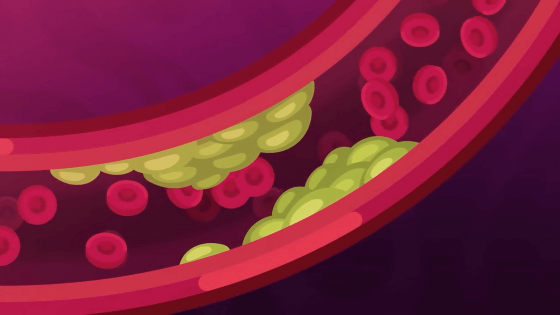
Inflammation also causes increased blood pressure, which puts more strain on the heart, significantly increasing the risk of heart attack and stroke.
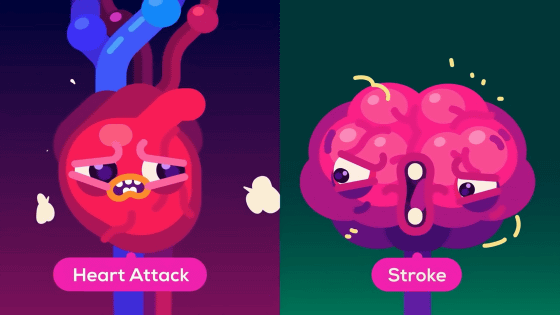
Furthermore, hormone regulation in adipose tissue becomes disrupted, causing abnormalities in the secretion of

When you have sufficient energy stores, leptin encourages you to eat less and burn more energy.
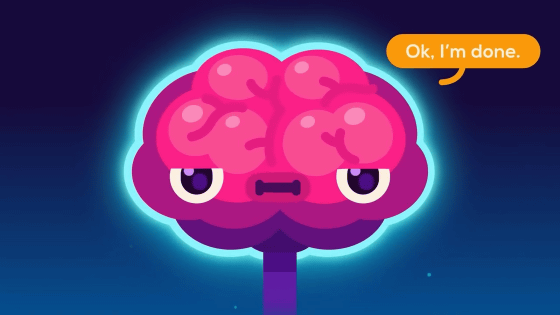
But instead of reducing hunger, too much fat causes the brain to resist the constant flood of leptin, which in turn destroys the fullness sensors that tell us when we're full, which is one reason why overweight people experience extreme hunger.

The secretion of sex hormones is also disrupted, and in obese people, the male hormone
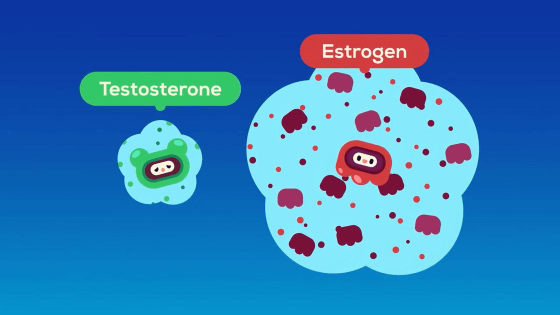
This significantly increases the risk of breast cancer in women.
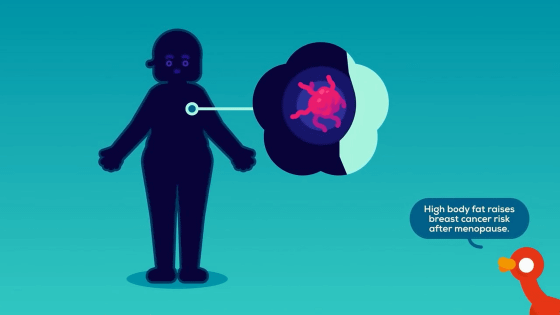
Many people are unaware of the relationship between fat and cancer risk, but it is said that approximately 10% of all cancers in the U.S. are related to being overweight or obese. Furthermore, obese cancer patients have significantly worse outcomes, becoming bedridden or dying from their cancer sooner.
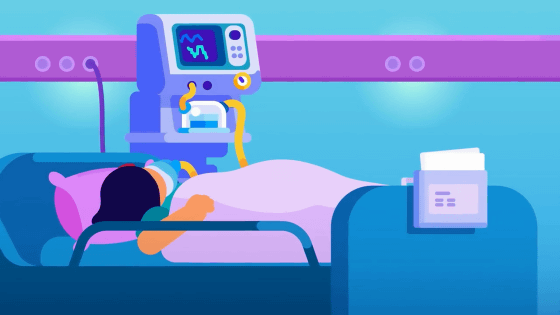
And let's not forget the impact obesity has on the important hormone
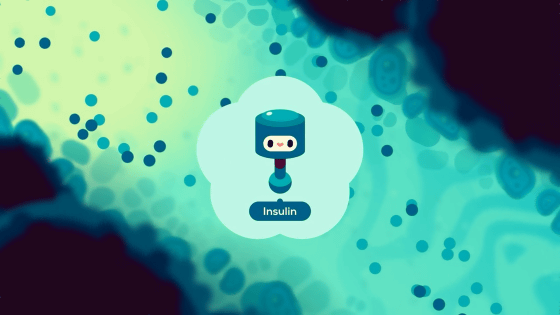
Insulin is a hormone produced by the pancreas that tells cells to eat glucose from the blood, thereby maintaining normal blood sugar levels in the body.

However, the stress caused by excess fat instills

The pancreas tries to compensate by secreting more insulin, but if this continues for years, the damage to the body steadily accumulates, eventually leading to type 2 diabetes.
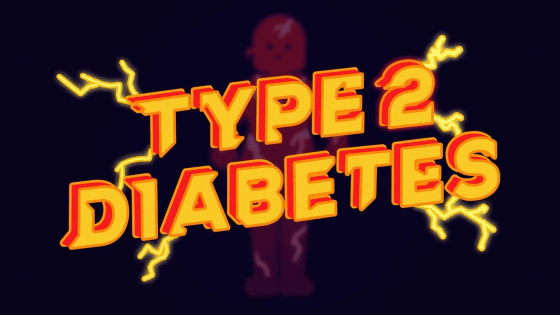
The cells responsible for producing insulin stop functioning properly and eventually fail. The body cannot keep up with the sudden drop in insulin production, and the body becomes saturated with glucose.
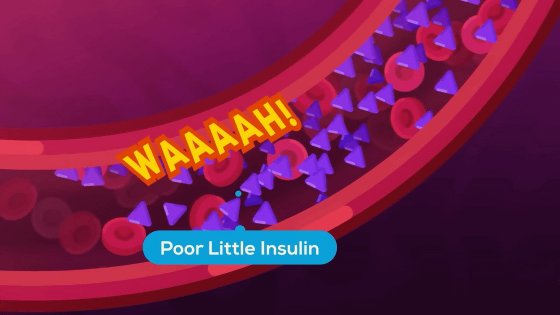
The body of a person with type 2 diabetes is chronically inflamed, affecting nearly every organ system: kidneys are strained, urine production increases, vision becomes blurred, the immune system is significantly weakened, wounds heal more slowly, and nerve death leads to paralysis and pain.
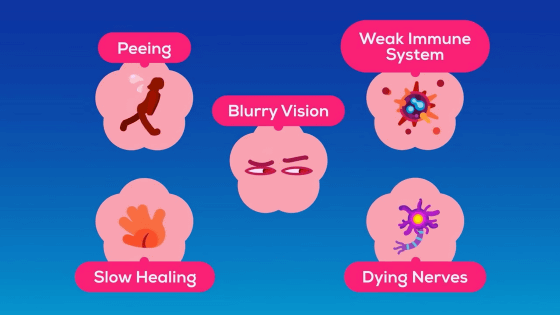
People with diabetes can experience everything from shortness of breath and chest discomfort to erectile dysfunction, high blood pressure, decreased cognitive ability, and depression. They are also at increased risk of developing deadly diseases like heart attack and stroke.

Type 2 diabetes shortens life expectancy by an average of 10 years and reduces healthy life expectancy, which is as harmful as smoking.
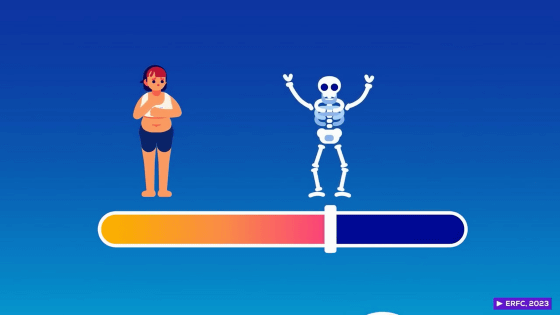
If current obesity trends continue, one in three Americans will develop diabetes by 2050.
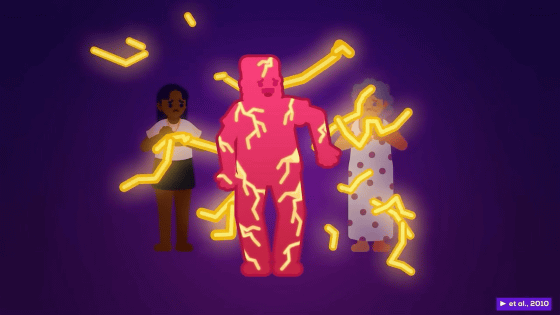
Fat and obesity are still often discussed in terms of appearance first and health second, but the harm caused by excess fat is enormous and people need to pay more attention to the health hazards of obesity.

Excess fat can cause many harmful effects, but these will disappear once you start losing weight by eating healthily.

When fat cells shrink, stress is reduced, the immune system recovers, blood fats and blood sugar levels return to normal, and the body begins to heal from injuries.

Even if you already have type 2 diabetes, improving your diet and losing weight can reverse many of the negative effects and extend your life.

'If you've been waiting for a catalyst to start dieting, now is the time,' Kurzgesagt said.

Related Posts:







